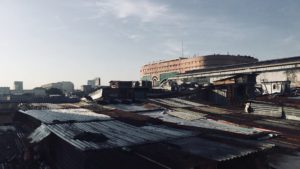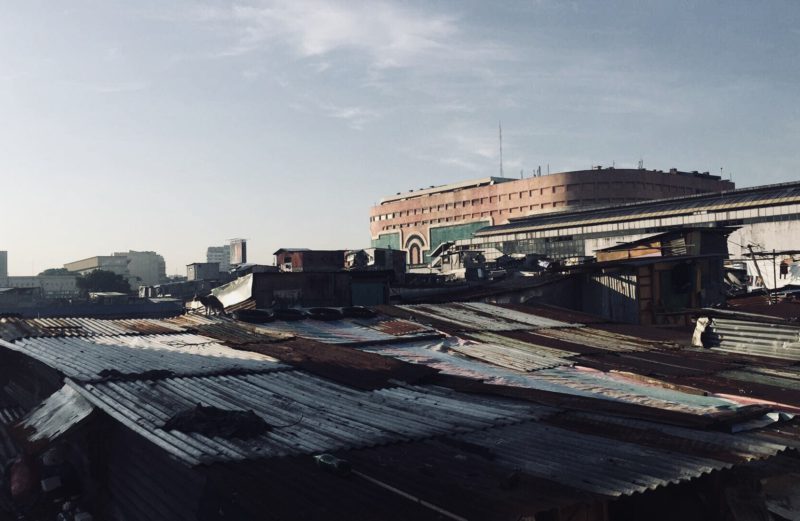 Photo credits: Dulce Amor Fortunado
Photo credits: Dulce Amor Fortunado
Is the Culture of Poverty present in the Philippines?
The Culture of Poverty as a concept was put forth by a number of scholars from the late 1950’s. It suggests that poverty is a result of people’s values or cultural norms. According to this concept people who were born poor have a different set of values, lack a sense of history, engage in frequent conflict, neglect planning for the future and so on. According to Oscar Lewis, one of these scholars, people in poverty share a consistent and observable “culture,” sustaining a cycle of poverty. He concludes that in this kind of condition it seems difficult for anti-poverty programs to succeed.
However, poverty is more than just the lack of money. Experts argue that it could also refer to the absence of spiritual, emotional, mental, physical and social well-being.
In 2017, Forbes published an article on ‘Why Filipinos Remain Poor’, while other countries in the region are getting rich. The author surmised that the constant revolution, corruption and extractive institutions that allow a small group from extracting wealth from the rest of the society block the economic growth of the country.
Is the Culture of Poverty therefore present in the Philippines?
Filipinos are known for being hard working, resilient and God-fearing. The Philippines belong to the top ten destination for business process outsourcing. They are sought after by foreign employers. Overseas Filipino Workers continue to grow in numbers, foreign remittances account for 9.8% of the GDP in 2016.
Let us look at England, during the 18th century, the English view poverty differently. Charles Dickens in his own way had already shown to us that the Culture of Poverty is a myth. He provided an illustration of the city poor and working class overcoming their struggles. The horrible condition of the poor industrial workers led to social reforms that would affirm England as powerful and progressive state. Primary education became compulsory, women and children were not allowed to work in mines and the Industrial Revolution brought new jobs with the invention of steam engines.
Although Filipinos have different values than the English, the Filipinos have the necessary tools for progress and to overcome inequalities.
Now, how do we use these tools to end poverty and to protect the environment? This and other related questions would be discussed at the ENFiD Conference in Paris dubbed “Diwang Pilipino, Tatak Euro-Pinoy” on 19-21 October 2018.

